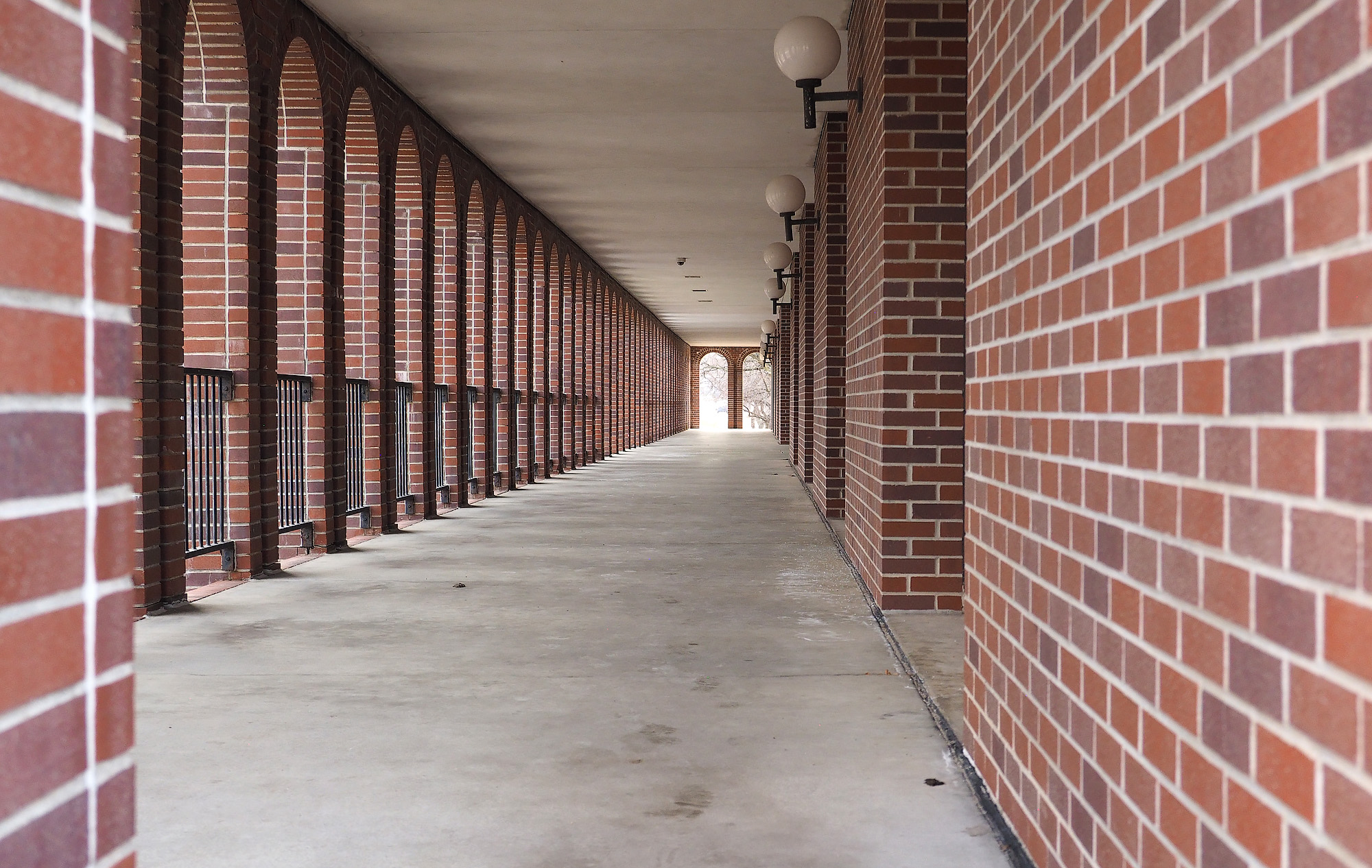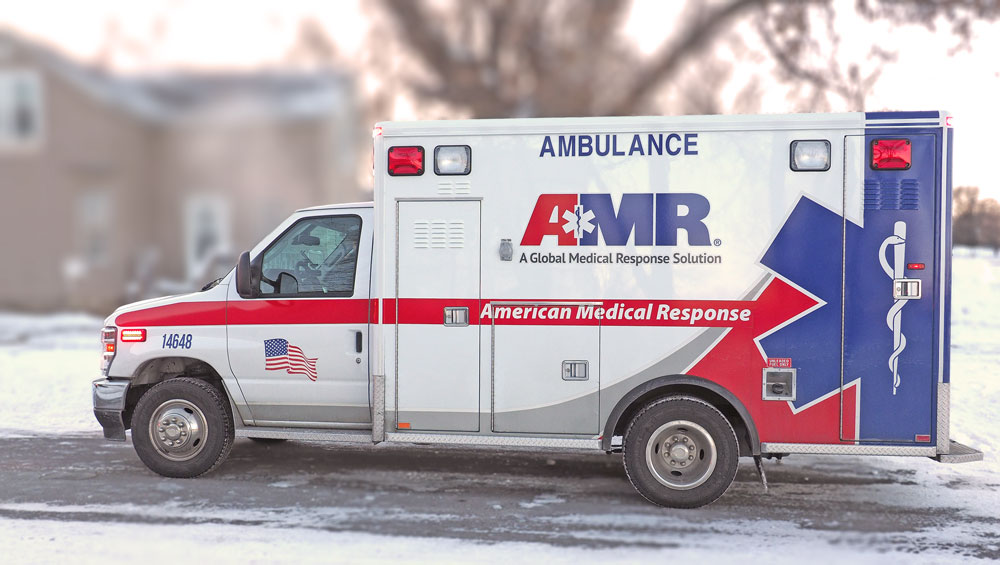Project RISE rising to new challenges after reclassification

By Travis Fischer, tkfischer@charlescitypress.com
The Charles City High School students that make up Project RISE are continuing their work after a major change in leadership and classification.
Originally founded as a peer-mentoring program for high school students to help at-risk middle school kids, over the years Project RISE has grown beyond that initial scope.
This has been a landmark year for the program as it is the first year under new supervision, following the departure of program founder and at-risk coordinator Dan Caffrey, along with Karleen Sickman, in the wake of a controversial budget reduction made during the last school year.
While Project RISE remains a student-led program, it has been reclassified as an activity and is now under the advisory of at-risk coordinator Michelle Sweet.
Like before, the biggest activity that Project RISE works on continues to be the food pantry, which was developed to address the food insecurity found among many students in the district.
“We definitely have a need here in our school system,” said Sweet. “When they’re here, they’re fed, but that doesn’t mean they don’t come hungry.”
Collecting food and hygiene products at several drop box locations across Charles City and working with the North Iowa Food Bank, Project RISE maintains two pantries at the high school and middle school building stocked with food and supplies for anybody who needs it.
Knowing firsthand the needs of at-risk kids, the students that take part in Project RISE prioritize items that are simple and easy for children to make on their own. Cereal, instant ramen, canned meals, and macaroni and cheese are commonly found on the pantry shelves.
“It’s usually a good mix of stuff you can take home and microwave,” said Project RISE student Ryder Biwer. “And sometimes there are snackier things for the bus ride home.”
Whether it’s a high school student unsure if they’ll have supper that night or a middle school student in need of an after school snack, the students at Project RISE work to make sure that the kids that need help feel comfortable asking for it.
“There’s definitely a big stigma about it and it is scary when you’re a kid and you have a need,” said Natalie King.
They also emphasize that the food pantry isn’t exclusively for students either. Adults not affiliated with the school at all are still welcome to use the food pantry if they have a need.
“No matter who you are or where you come from, no matter what, we have food for you,” said Keaton Ross.
While the food pantry has become the major focus of Project RISE, the mentorship program also continues, with students helping to tutor struggling kids and serving as a friend and role model who can understand and emphasize with the kind of struggles an at-risk middle schooler may be going through.
“Having an older mentor there to bond with them can really help,” said King.
The mentorship program is also key to the longevity of Project RISE, as many of the current members were mentored when they were younger before growing up to take on the role of mentor themselves.
“Everything is so much more different than in middle school,” said Melanie Castaneda, one of the younger members of Project RISE.
“I had a mentor in middle school and that is what got me into it,” said Biwer.
Community outreach is also a big part of the program, with students going out for speaking presentations with area organizations and even other schools to share their stories and describe what Project RISE is all about.
“We have a lot of schools that will reach out,” said Klaire Kirby. “We talk to other school districts that want to start programs.”
However, while the Project RISE program has persisted, its transition from a student leadership program into an activity club has not been without consequence.
Now treated similarly to a sport or other activity, the group’s flexibility to schedule activities during the school day has become limited compared to previous years.
“There’s not as much wiggle room as we had last year,” said Kirby.
While some students in the middle school continue to be mentored, the mentorship program has largely been put on hold due to difficulty in finding overlapping times in the schedule for mentors and mentees to meet.
“We are struggling to get scheduled to make that happen,” said King.
“The only open day we have is a Thursday,” said Ross.
At the same time, stricter scheduling has reduced opportunities for the Project RISE kids to make community presentations to tell their stories or help other school districts start similar programs.
“It’s hard to find groups in the community at 4 in the afternoon,” said Mallory Koebrick.
While the Project RISE kids said they appreciate that their own schooling needs come first, it has been a difficult adjustment trying to find the time to continue their activities outside of regular school hours.
“It’s kind of been hard to not be able to do that anymore,” said Biwer.
It is the hope of the Project RISE kids that they will be able to jumpstart the mentor program once again for the fourth quarter of the school year, both to continue to help students that need it and ensure the program itself continues.
“We’ve seen a ton of behavior improvements from the kids we’ve been mentoring,” said Kirby. “I think it’s really important that this stays after we graduate.”









Social Share